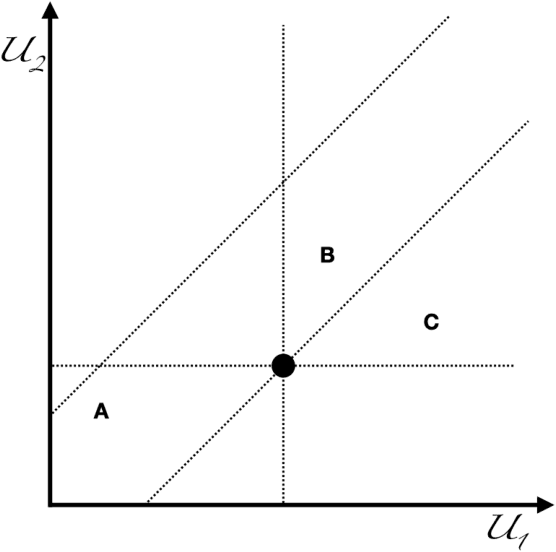Defining Replicability of Prediction Rules
Paper and Code
Apr 30, 2023
In this article I propose an approach for defining replicability for prediction rules. Motivated by a recent NAS report, I start from the perspective that replicability is obtaining consistent results across studies suitable to address the same prediction question, each of which has obtained its own data. I then discuss concept and issues in defining key elements of this statement. I focus specifically on the meaning of "consistent results" in typical utilization contexts, and propose a multi-agent framework for defining replicability, in which agents are neither partners nor adversaries. I recover some of the prevalent practical approaches as special cases. I hope to provide guidance for a more systematic assessment of replicability in machine learning.
 Add to Chrome
Add to Chrome Add to Firefox
Add to Firefox Add to Edge
Add to Edge